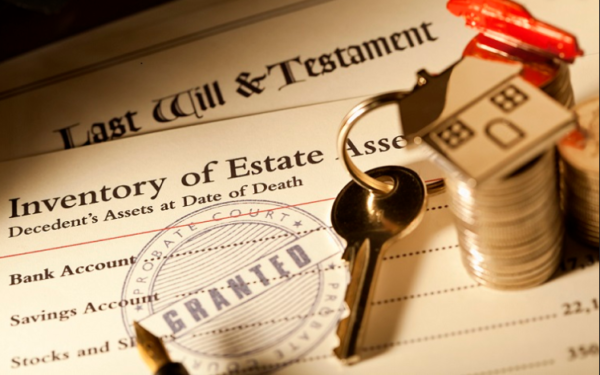When planning for a future that ensures your assets are managed and distributed according to your wishes, meeting with an estate planning attorney is a vital step. To make the most of this consultation, it’s essential to come prepared with specific documents. This preparation not only saves time but also provides your attorney with the necessary information to craft a plan that best suits your needs. So, what documents do you need to gather for your estate planning meeting?
-
Current Estate Planning Documents
If you have existing estate planning documents like a will, trust, powers of attorney, or healthcare directives, bring these along. Even if they need updating, these documents will give your attorney a starting point for understanding your current plan.
-
List of Assets and Liabilities
Compile a detailed list of all your assets and liabilities. This list should include:
- Real estate properties
- Bank accounts (checking, savings)
- Investment accounts (stocks, bonds, mutual funds)
- Retirement accounts (IRAs, 401(k)s, pensions)
- Business interests
- Life insurance policies
- Personal property of significant value (art, jewelry, collectibles)
- Debts and liabilities (mortgages, loans, credit card debts)
-
Beneficiary Information
Have a list of names and contact information for all your beneficiaries. This includes family members, friends, or organizations you intend to leave assets to.
-
Financial Statements
Bring recent statements of your financial accounts. This includes bank statements, retirement accounts, investment portfolios, and life insurance policies.
-
Property Documents
Gather deeds for any real estate you own, titles to vehicles, and other documents related to significant property.
-
Business Documentation
If you own a business, bring relevant documents such as partnership agreements, articles of incorporation, or an operating agreement.
-
Tax Returns
Recent tax returns can provide a comprehensive overview of your financial situation and are particularly useful if your estate is large enough to potentially owe estate taxes.
-
Family Information
If guardianship of minor children or care for dependents is a consideration, bring information that will help in naming guardians or setting up care provisions.
-
Health Care Documents
Include any current health care directives or living wills, as these will be integral to your health care planning.
-
A List of Questions
Finally, write down any questions or concerns you have. This can range from the specifics of estate tax laws to the details of how trusts work.
Gathering these documents before your estate planning meeting can significantly streamline the process. It ensures that your attorney has all the necessary information to create a comprehensive plan tailored to your specific situation and goals.
Remember, estate planning is a significant step towards securing your legacy and peace of mind. With the right preparation, you can make informed decisions for your future and for those you care about.
Heidi S. Webb, Attorney at Law, serves clients in Daytona Beach, Ormond Beach, Port Orange, and beyond with matters of Estate Planning and Probate. Contact her today to schedule a free consultation. Visit her page on Facebook, or see what her clients are saying to learn more about Heidi.




